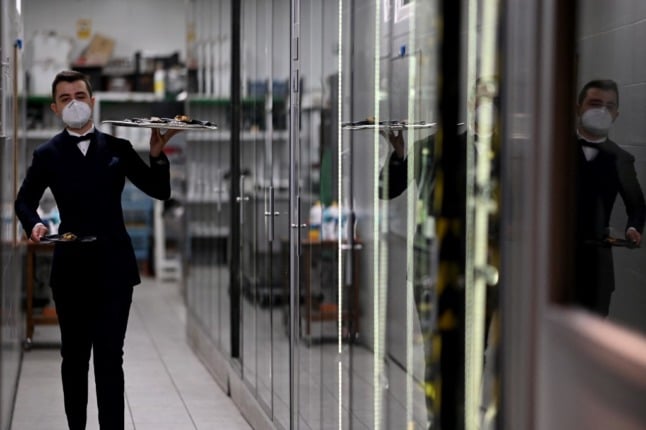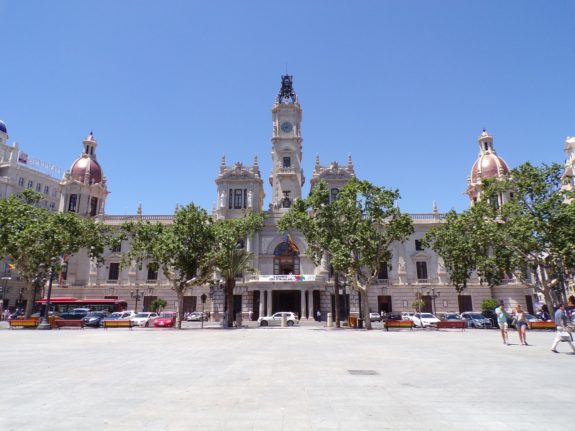The full details of the agreement have not yet been made public but they are expected to include improvements to the rules affecting collective bargaining, measures to address the high number of temporary contracts in Spain, restrictions for subcontracting companies, a new scheme to avoid lay-offs and new retraining schemes.
Prime Minister Pedro Sanchez’s leftist government has been negotiating the reform for months with the country’s two main unions and its two main employers’ federations.
“This is a historic day for workers in our country,” Labour Minister Yolanda Díaz, who led the talks, told reporters as she announced a deal had been reached.
Changes to the labour laws are one of the reforms Brussels expects by the end of the year in exchange for Spain getting the full €140 billion ($158 billion) promised the country from the European Commission’s massive coronavirus economic recovery programme.
The reform is expected to be approved at a cabinet meeting on Tuesday.
It will replace Spain’s labour laws introduced in 2012 by the previous conservative government which reduced businesses’ costs by cutting severance pay and favoured business-specific over sector-wide negotiations.
Critics say the 2012 reform reduced job security but its defenders argue it helped Spain rebound from the deep economic recession that followed the 2008 financial crisis.



 Please whitelist us to continue reading.
Please whitelist us to continue reading.
Member comments